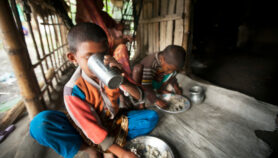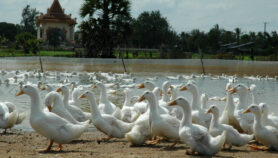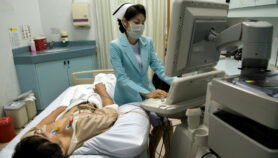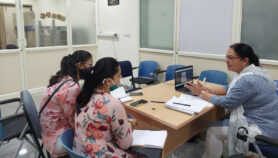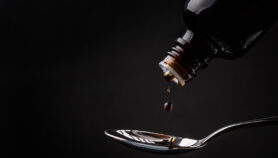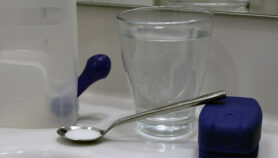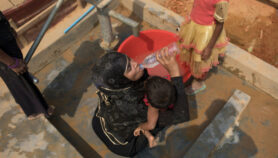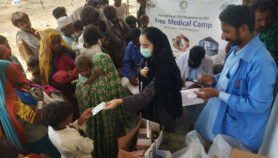Send to a friend
The details you provide on this page will not be used to send unsolicited email, and will not be sold to a 3rd party. See privacy policy.
Researchers in Thailand trying to tackle a deadly bacterial disease called melioidosis have struggled to get funding to complete clinical trials of new drugs. Now, US government concern that the bacterium could be used as a bioweapon is generating new interest — and funds.
The bacterium — Burkholderia pseudomallei — can kill those infected within 48 hours and is resistant to many drugs. It is found in soil and threatens people working in waterlogged rice fields.
A closely related species that can kill horses, Burkholderia mallei, was used as a biological weapon in the First World War.
In this article in Nature, Peter Aldhous reports that research on the bacterium has been given fresh impetus since fears grew that it too could one day be used as a weapon.
The US National Institute of Allergy and Infectious Diseases has begun supporting research on both species.
Last year, the entire genetic sequences of both bacteria were published, raising hopes that researchers will be able to develop new drugs. One researcher is already testing a vaccine developed against Burkholderia mallei, with the hope that it might also prevent melioidosis in people.
Link to full article in Nature



